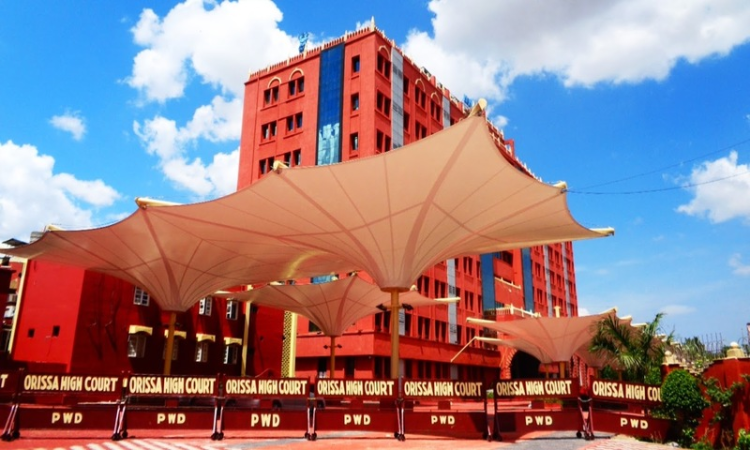S. 378 CrPC | Right To Appeal Against Acquittal Should Be Used By The State Sparingly: Orissa High Court
Jyoti Prakash Dutta
20 Jan 2023 10:15 AM IST

Next Story
20 Jan 2023 10:15 AM IST
The Orissa High Court has advised the State to exercise its right to appeal against acquittal, as provided under Section 378 of the Code of Criminal Procedure, sparingly and with circumspection. While denying the leave to prefer an appeal, the Single Judge Bench of Justice Sangam Kumar Sahoo remarked, “The right of appeal against acquittal vested in the State Government should...
